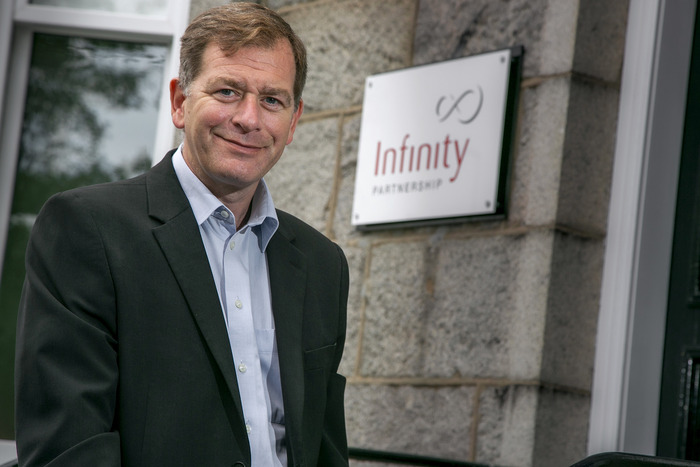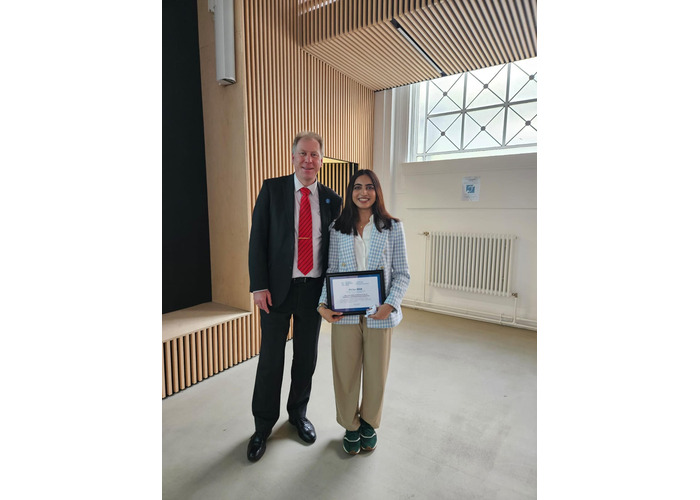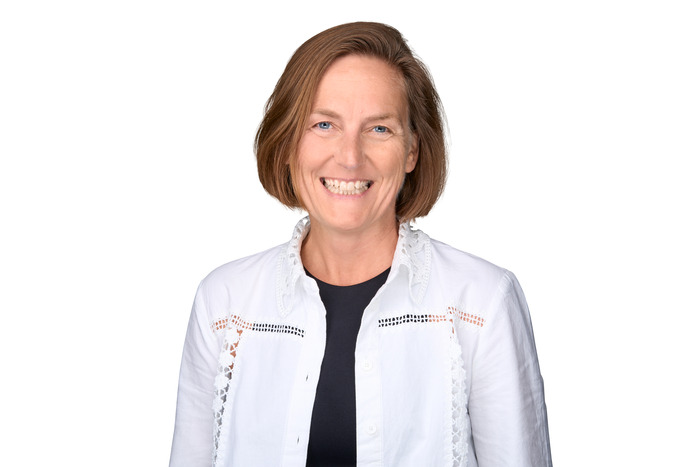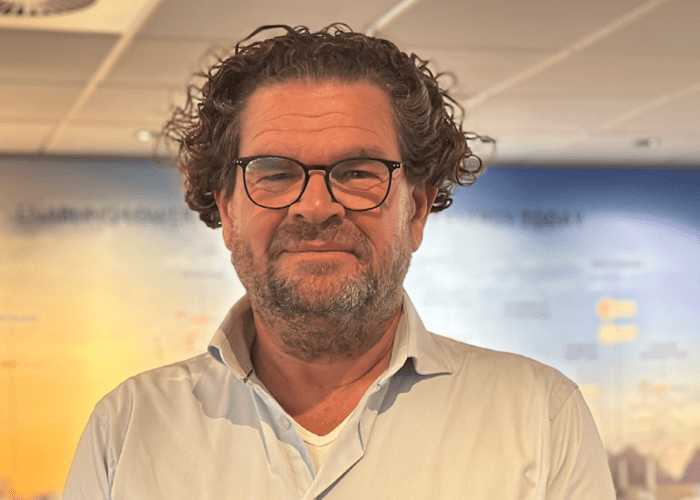So Google is watching us – but we still control Google.
This is the message I’m taking from the morning session at Turing Fest.
Cindy Krum frightened the bejesus out of me with her insights into Google and its plans. Because everything is moving towards voice search, the way the company indexes information has fundamentally changed. We now talk about a knowledge graph, where the core idea is ‘entities’ and their relationships to each other. So when we search for information, like ‘how do I make French onion soup’ Google pulls the recipe out of the website and shows it to you – no need to click. Huge implications here for how companies promote their websites and the type of information they should be focusing on.
[adbutler zone_id=’297765′]
Cindy explained that Google learns what you mean when you’re searching for something because the cloud natural language API is storing and processing everything. If you have previously searched for Monte Python on your smart TV, but now you’re searching through voice search on your phone, it knows this time you probably mean ‘soundtrack’ not ‘TV show’ because you just Googled your route so you’re probably driving.
Yep – it blew my mind too.
Just when I was wondering what the privacy implications of all this were and how I could immediately delete my history so Google didn’t have an exact schedule of all my days, Jes Scholz took to the stage.
She really demystified Artificial Intelligence as far as I was concerned.
The movie images of the robots controlling the world are so far from the truth – we’re still working on trying to get machines to mimic humans never mind be superbeings.
From a marketing perspective, the thing for companies to be aware of is the need to treat the algorithm that your data scientist builds for you (the AI machine) like a junior marketing assistant. You need to give it the data, show it some examples and then make it do the task over and over, getting a little bit better at it each time.
The best way to start, Jes said, was to identify your customers’ challenges and then personalise the communication with them. We don’t even need to build our own algorithm, existing suites like Facebook, Salesforce and Hubspot all have AI capabilities.
The key is to make sure the raw data is accurate (and can any of us put hand on heart and say we’ve reviewed our databases lately?). Her parting line reminded me of that business advice I got at one of my first business conferences. “Lawyers talk to lawyers”. Well, machines talk to machines. If we all want to use the power of the internet to make our businesses more profitable, we need to use AI to win at that.
Right. I’m off to get a selfie with Rand Fishkin.
Eight years ago I heard @randfish speak at a small event in Glasgow. What he said inspired me to start Impact Online. Today I interviewed him at #TuringFest ???????????? @SBNN_National pic.twitter.com/nhwu0tfKg1
— Kim McAllister (@KimMcAllister) August 2, 2018
[yikes-mailchimp form=”2″ title=”1″ description=”1″]
Other video interviews by Kim McAllister
[insert page=’video-interview-with-celine-sinclair-of-the-yard-high-growth-scotland-with-kim-mcallister’ display=’link’]
Video interview with Russell Dalgleish of Scottish Business Network – High Growth Scotland with Kim McAllister
High Growth articles from Kim McAllister




